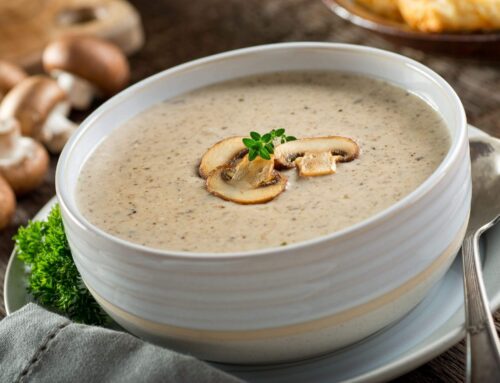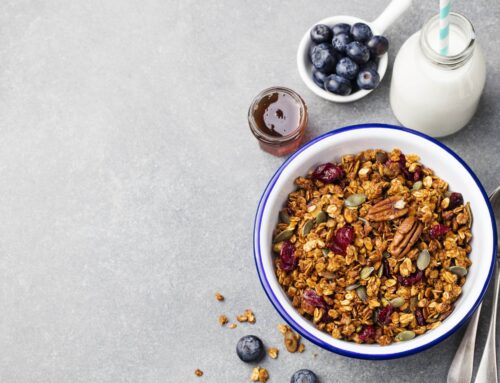This the second part of an article we posted earlier this month from Robyn Chuter. It elaborates on her top tips for healthy eating and will help you fully grasp the profound impact implementing these tips can have on your wellbeing. For the first five tips click here.
Tip #6 – Eat nuts and seeds to get your essential fats.
Oils are just empty calories. We often hear the claim : ‘The fat you eat is the fat you wear.’ But it’s a little bit different with nuts and seeds. A substantial proportion of the fat in nuts and seeds is not absorbed by the human body, unlike oil which is 100% absorbed.
While oils and fats have no appetite-satisfying properties, nuts and seeds are highly satiating. Also, if you eat them with one meal it tends to reduce your intake of kilojoules at the next meal.
Why waste a big chunk of your daily kilojoule ‘budget’ on a food that supplies no fibre, protein, vitamins or antioxidants? You could instead be boosting the nutrition and flavour of your meals with a handful of delicious nuts or seeds – while simultaneously protecting yourself against heart disease, cancer and diabetes.
Tip #7 – Only eat when you’re actually hungry!
Even nutritious food an undermine health if you eat to excess.
Most people don’t know what true hunger is. They mistake the unpleasant symptoms of withdrawal from unhealthy foods, which often manifests as a queasiness in the stomach, as hunger. True hunger is felt in the mouth and throat!
Tip #8 – Plan your meals in advance.
Using a meal planner to map out what they’re going to prepare and eat, a week in advance will help ensure a balanced intake of nutritious foods. Eating decisions made on the run are far less likely to be health-promoting than decisions made in advance.
Psychologists who specialise in behaviour change put a lot of emphasis on ‘channel factors’ – seemingly minor details or apparently insignificant actions that have a major impact on our choices and behaviour. One such channel factor is the presence – or absence – of a plan about what to eat.
Sure, having a weekly meal plan does not guarantee that you’ll always make good decisions, but it really stacks the deck in your favour, allowing you to harness the benefit of positive channel factors.
Tip #9 – Prepare meals with love, and share them with people you love
If you find yourself sinking into the feeling that food preparation is a chore, remind yourself why you’re doing it. I look at preparing delicious, nutritious meals for my family as a powerful demonstration of my love for them. And choosing healthy foods for myself is an expression of self-love, out of which love for others flows.
Tip # 10 – Don’t forget the other elements of good health
Regular exercise, sensible exposure to sunlight, getting enough good-quality sleep, and drinking plenty of water is also important!
In other words, healthy eating (and healthy living generally) is not an end in itself, but the means to an end!






